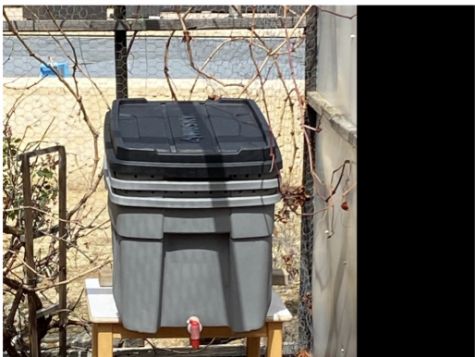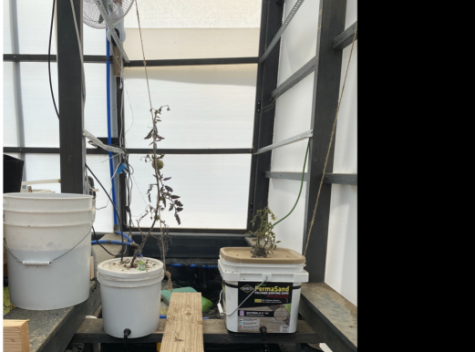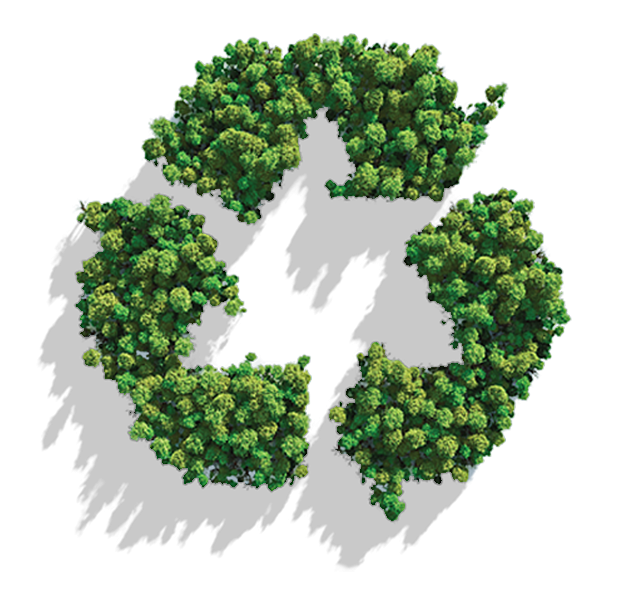Home Grown Sustainability
April 13, 2021
The millennial and X generations have been left a depleting environment and a world in division to fix within 11 years. In approximately 11 years, many of the ecosystems around the world will be either severely damaged, depleted or extinct altogether (coral reefs, most ocean ecosystems, rainforests, mangroves, estuaries, etc.). By doing even small things at our own homes (such as composting, recycling, vermiculture, or aquaponics), we can chip away at the individualistic thinking that continues to affect many people which in turn depletes the planet, so we can start to fix all the damage humans have done. My own family’s journey of trying to live more sustainably started with my dad teaching himself the workings of vermiculture, so we then built a simple composting pit and a wood plank topper to cover it. That, however, did not seem to do the trick. So, my dad started to teach himself the workings of aquaculture and regenerative agriculture. This led him to get the family to help him build a makeshift greenhouse in our backyard that he turned into an aquaponic system. This sustainable agricultural practice allowed our family to grow a wide variety of fruits and vegetables with a coy pond underneath (a piece of the aquaponic puzzle), while using these food’s composted state to regenerate dead or injured plants in the greenhouse. While this particular practice took time and hard work, not all home sustainable practices are like that at all. In fact, at-home processes can be as little as taking out your biodegradable garbage once or twice a week.
Note: this will be a series of articles on easy/cheap things up to more complex things that people can do within the comfort of their own home that will be greatly beneficial for our push to more environmentally sustainable living.
Composting:
One can practice composting whether you have a small house, apartment, or larger house with a full backyard. Composting is about taking the waste from the natural food products we use/consume, and turning that into nutrients for house plants or more food plants (basil, cilantro, tomato, whatever plants you can grow in the designated space). When thinking of composting people often think flies, worms, and gross rotten stuff. The truth is the process of decomposing is the degrading of something to fuel some other organism (ex: an apple that rots and feeds the earth worm that turns it into fertile soil for plants to grow). This is an extremely easy practice that is also cheap and accessible. An example of how one can practice composting in a smaller area such as an apartment:
- Purchase a medium/large plastic bin (with a lid) that you will designate for a compost tumbler. Also, find some sort of metal bucket with a lid that will be designated to temporarily hold the compostable material.
- Place the tumbler bin somewhere outside in the corner of the balcony (for larger living spaces, put anywhere outside and out of the way), and place the tin or bucket somewhere in the kitchen (preferably next to the trash or sink).
- Place natural waste in the tin throughout week until tin is full
- When the kitchen tin is full, take it out to dump waste in the bin outside your indoor living area, then mix it around a bit with a simple garden fork or something.
- NOTE! The waste dumped in the compost bin must be in small enough pieces for it to degrade and compost properly. (Ex: a watermelon must be cut up/smushed up enough to fit in the tin or it to be good enough for the bin).
Vermiculture:
Vermiculture is really just composting but with an important additive to speed up and enrich the composting process: earth worms:)
Many people find works gross, and they are a bit when taken out of their natural habitat (underground in soil). But, they are an incredibly important aspect of turning waste into good nutrient soil for your house plants, garden, desk plants, etc. This is because the worms work like bacteria do: taking in the CO2 that we breathe out and spitting it out as Oxygen that we need to breathe again. Same goes for the earth worms, they intake the natural waste and pass it out as nutrient-filled soil for the plants we all love.
So, if you are looking for making “compost tea” the liquid that comes out of composting that can enrich any plant’s life, then practicing vermiculture is the right way to go. Again, vermiculture can be practiced by following the above process of composting, but adding earth worms into your composting bin as well as the waste and medium amount of soil in the bin.
Reference pictures from my family’s own practices:

^our compost bin with a spout for the compost tea to drip out into a tub to collect it for later use

-inside greenhouse
